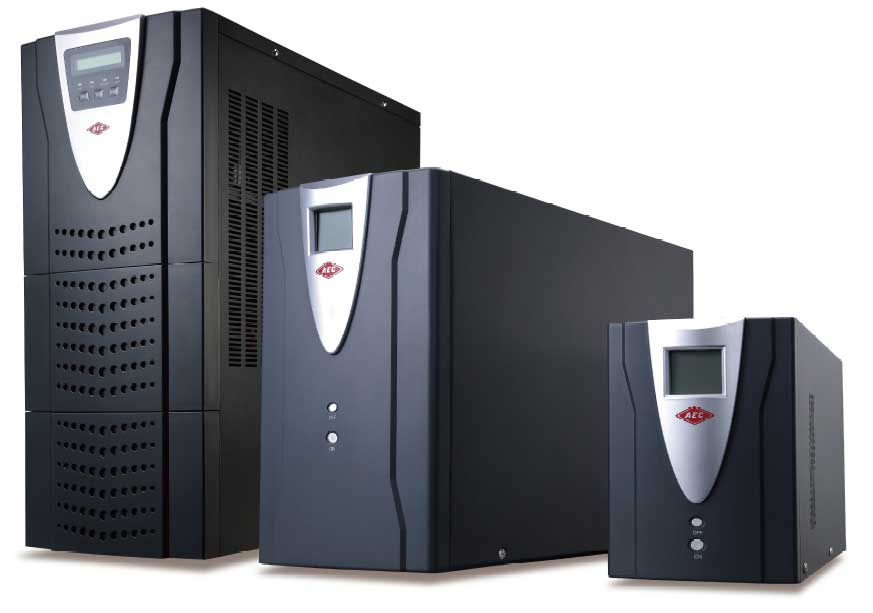Many companies are already heavily reliant to advanced computer systems, such as UPS. Also known as uninterruptible power supply, UPS offer huge improvements in power protection than typical power stabilizers. However, there are things we should know before purchasing a UPS unit. Some dedicated UPS system may lead to over-specification, especially if there’s a gap between the critical load and the installed capacity of UPS. Some large-sized UPS could make inefficient use of floor space, but they can be treated as hot-swappable modules, when combined with proper server racks. Power can be added as the overall requirements grow, without additional footprint. Modular UPS solutions can achieve 70 higher power loading, to reduce both cooling and energy energy costs.
Another solution is by using transformerless UPS solution and this could be an additional effort to improve energy efficiency. UPS systems with three-phase power can feature smart energy management and they could be designed to lower energy consumptions. This will minimize space requirements and generate less CO2. Transformerless UPS could reduce the physical footprint by two-thirds. There will also be cost savings on power expenditure and significant savings can be achieved after a few years of usages. Flexible growth and right-sizing are essential when we want to maximize UPS efficiency. In addition, we should consider other factors as well, including maintenance, regular inspections and post-installations. This will ensure that UPS units can provide round-the-clock availability, especially through scheduled maintenance.
UPS system may also cater for individual usages and some compact UPS systems can also be used in homes. They are flexible and easy to maintain. They have good redundancy and efficient expansion systems in a very small footprint. This should reduce running costs through near-unity power factor and higher operating efficiency. With energy saving technology and scalable architecture, modern UPS system should ensure high level of protection, especially for critical load. This will meet requirements to establish energy-efficient solutions at home. The important of UPS system can be demonstrated even for compact, household solutions. Although these systems may only provide 15 minutes of usages after the blackout, users should have enough time to save their works and shut down their computers properly. This will prevent data loss and potential hardware damages caused by sudden loss of power.
There are main functions of UPS and firstly, it ensures steady and continuous voltage, not only during blackouts, but also brownouts, that can happen quite frequently. This will ensure that we get only the highest power supply. The second function of UPS is to ensure continuous power even during critical, peak load using its battery backup. It would be reassuring for both business and household users to know that they have power protection solutions that can work as intended. In this case, business operations could remain uninterrupted, especially when the blackout happens for less than an hour. UPS is essential even in developed countries where power supply is more reliable. There are cases when electricity becomes unreliable due to natural causes, such as hurricane and malfunctions in power generation system.
